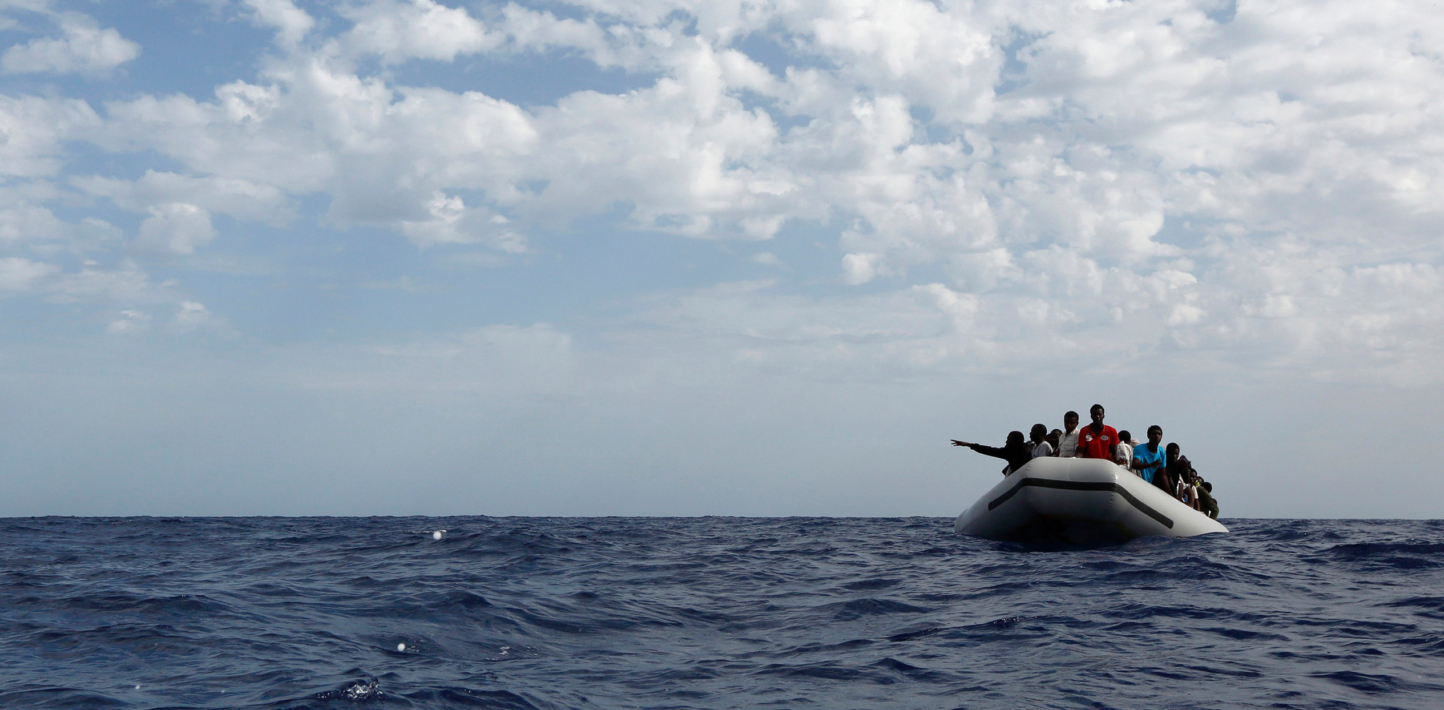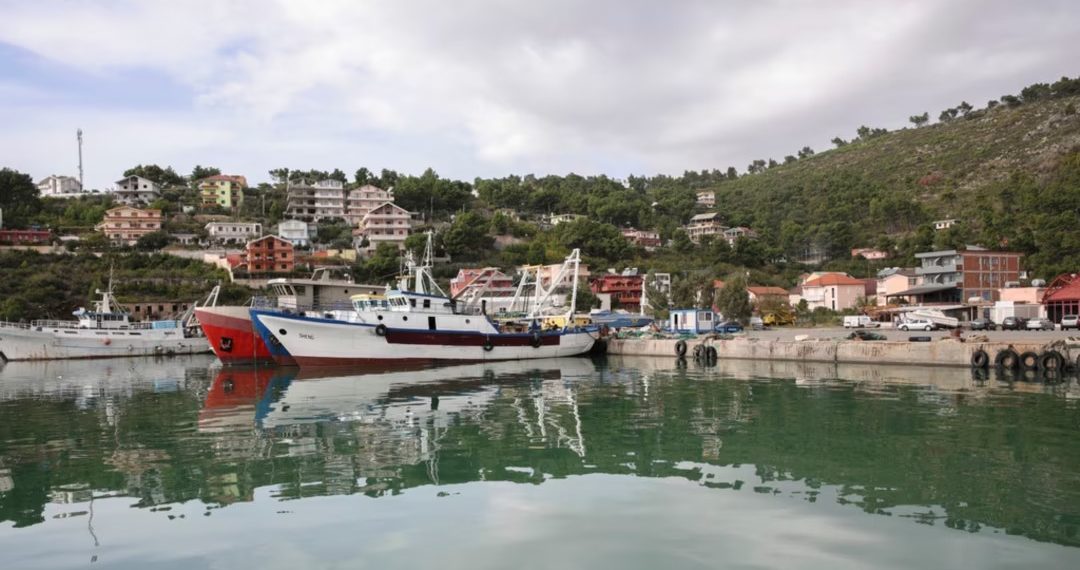A former Albanian naval port, Shengjin, has transformed into a destination for migrants from Africa, Asia, and the Middle East, under a controversial agreement between Italy and Albania. The deal, pending ratification by Albania’s parliament, allows Italy to establish migrant-processing centers in the Western Balkan nation, marking a departure from traditional EU migration policies.
Shengjin, now a tourist hotspot on Albania’s picturesque Adriatic coast, will receive migrants arriving in Italy by boat.
Local sentiments toward the agreement vary. Mhill Marku, an Albanian ex-military officer residing in Shengjin, expresses gratitude towards Italy, citing support during Albania’s tumultuous history. Despite such sentiments, concerns arise regarding the impact on Albania’s infrastructure and resources, especially in Gjader, a nearby town slated to accommodate migrants until their paperwork is processed.
Under the agreement, Italian personnel will manage facilities in both Shengjin and Gjader, with a cap of 3,000 migrants in Albania at any given time. While the European Commission asserts the legality of the arrangement, human rights experts caution against potential challenges in processing asylum requests and appeals. Lengthy procedures could exacerbate hardships for migrants and undermine their rights.

The deal draws parallels to the UK’s controversial plan to relocate asylum seekers to Rwanda, emphasizing the global nature of migration policy debates. The British Supreme Court deemed the Rwanda scheme unlawful, underscoring the legal and ethical complexities of such arrangements. Critics argue that both deals risk violating human rights by subjecting migrants to arbitrary detention and uncertain living conditions.
Despite constitutional approval in Albania and Brussels’ endorsement, the Italy-Albania migrant deal remains contentious. As migration continues to dominate political discourse, the balance between border security and human rights remains a contentious issue within the EU and beyond.





